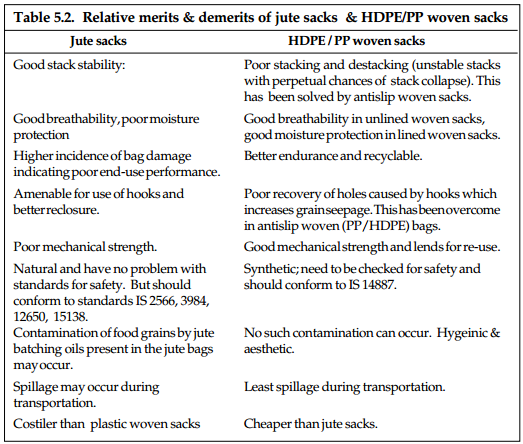Gold import control - Does it work?
The Govt. thinks that gold imports cause high Current Account Deficit (CAD), and therefore, gold imports should be curbed. As outright ban on gold imports would create uproar, Govt tried doing it in a roundabout way, with mixed results. RBI came out with this circular in August 2013. The circular says that any importer of Gold has to keep 20% of such imported gold reserved for exports. In effect, the gold importer has to supply this gold to an exporter,who would in turn export it out of the country. The 20% is to be kept in bonded warehouses with Customs till an exporter is found. The remaining 80% can be sold in domestic market. However, if the 20% kept with customs is not subsequently exported, the importer cannot import further. The RBI circular presents a worked example on this. Also, if only a part of that 20% is exported, the quota allowed for imports in the next lot shall decrease proportionately. The circular was supposed to decrease the import of gold. What it did, w
